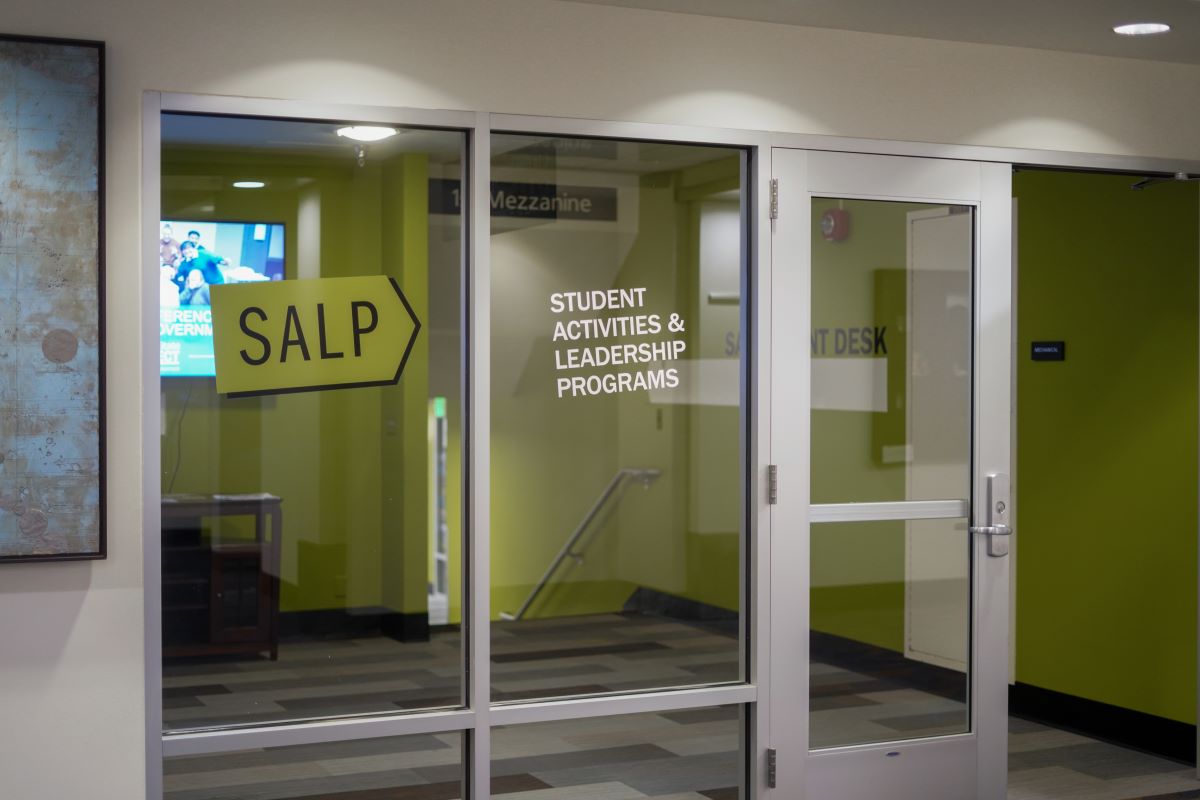Academic institutions like Portland State need to reassess their priorities if they want to continue claiming that they put their students first. Universities must compensate student organizations which actively work to benefit the campus community to uphold their student-serving missions.
If they neglect to do so, universities will eventually lose the dedication of student leaders and employees. Student organizations that do valuable work will eventually crumble as their members become tired of being exploited for cheap labor.
Numerous programs, organizations and services at PSU rely on student employees, student workers and members of student-run organizations, such as Student Media, Associated Students of Portland State University Student Government and the PSU Food Pantry.
These individuals must receive fair compensation for the valuable contributions they make to the university.
Looking at on-campus job listings for students at PSU, most student workers here don’t make a livable wage from their campus jobs. Most on-campus jobs listed on Handshake describe an hourly wage of roughly $14–16 an hour, often with under 20 hours a week of work available.
For my position as the associate news editor and interim opinions editor at Portland State Vanguard, I receive one payment of $2100 per term in the form of a grant. This amount—calculated assuming I would work approximately 20 hours per week—is far from paying me for the work I need to do for this position, which is frequently more than 20 hours a week.
Despite the title of editor, my role often expands to include so much more than editing. The situation is worsened by the lengthy processing time of applications for new contributors.
Unfortunately, this delay is not caused by Vanguard or any student organization. Instead, it is due to systematic issues which have been ongoing for over two years and are beyond our control. Not only am I responsible for the expansive job of being an editor, but I also have to write every story myself. Needless to say, I am putting more than 20 hours a week toward this paper.
Moreover, I am a full-time graduate student with another job on top of this one. I could make much more money if I took on more hours at my second job instead of working tirelessly at a student-run newspaper which barely pays me. My friends and family have urged me to quit—and I have certainly considered it myself—but I love what I do too much to leave this job behind.
I initially thought the money from my editing position would help me. However, after I reported this additional income to financial aid—something I was required to do—I found they reduced my overall aid allotment because of the grant. Instead of using this income to pay for daily living expenses like the food, clothes or medical expenses I need to survive, I have ended up using the majority of it to pay for tuition and other school-related expenses. Essentially, the university gives me money, and I have to give it right back to them.
Almost every year while pursuing my bachelor’s degree, I worked at my school’s student-run newspaper. Back then, I would write three or sometimes four articles a week, edit my entire section, take photos and edit them, plus lay out my section for both the print and online versions of the paper. I regularly stayed at the newspaper office until 1–2 a.m. and I did not get paid.
While my position at my previous newspaper has opened the door to many great opportunities, it is not reasonable for universities to continue to underpay their workers or attempt to pay them in experience, especially considering the condition of our economy and the benefits schools and universities gain from having resources like a student paper.
While we are paid now, what we get is not meeting the absolute bare minimum. This term, I used half of my grant to pay tuition. Factoring that in, I make $100 a week working here. I am grateful to be compensated for my work after spending many years working for free, though I am still drowning in financial aid debt and struggling with basic needs. Nevertheless, with the way my general cost of living has increased since the COVID-19 pandemic, I still need more to make ends meet.
Even though CNBC reported that general inflation is slowly but surely decreasing, the United States Bureau of Labor Statistics said the consumer price index (CPI) increased 3.7% from Sept. 2022–23. At the height of the pandemic, the CPI read an increase of 9.1%. Many Americans are still recovering from this drastic change in the price of living, myself included.
Food-at-home prices—such as food purchased at grocery stores—increased by 3.6% over 12 months. Food-away-from-home prices—such as food purchased at restaurants—increased by 7.1% over a 12-month period.
Just like everything else, the price of attending college has increased exponentially over the years. According to a Forbes article which cited a recent report from the Georgetown University Center on Education and the Workforce, the average price of college tuition, fees, and room and board increased 169% from 1980–2020.
Inflation and general economic unrest have affected just about everyone—universities included. Many private and public universities have reported significant cuts to their budget. Often, student organizations are the first things to go.
“As more college leaders are discovering, it’s time for a serious financial reckoning that accounts for what it actually costs to employ all its administrators and staff and offer all the academic programs, student support services, research projects, community outreach and nonacademic activities like athletics that most colleges provide,” stated Dr. Michael Nietzel, former university president and writer at Forbes. “Then, and only then, will these institutions be in a position to determine—and pay for—their real priorities.”
As more colleges grapple with this financial reckoning, it becomes evident that student-run organizations need to be prioritized if universities want these long-standing organizations and support systems to continue.
In recent years, student-run organizations have dwindled in membership—primarily because students can no longer afford to be underpaid or unpaid altogether.
The Student Press Law Center reported that many college newspapers regularly lose talented writers for purely economic reasons. In many of these cases, the reason these student writers were being underpaid or not paid at all was said to be because of university budget cuts or a lack of budget.
Universities are complex institutions, and we need a better solution for navigating budget cuts and financial trouble. Student-run organizations such as Vanguard and the student government are vital to such institutions. However, we are consistently not a priority to the institutions we serve.
Overall, student services remain underfunded, leading to services which cannot serve their community in the way it deserves. As benefactors who funnel our money and resources into the university, it only makes sense for the university to support and give back to us. After all, there would be no university without students.
At Portland State and nationwide, student workers are struggling. If universities continue not prioritizing students’ work by paying them a livable wage, these valuable organizations will disappear altogether.






